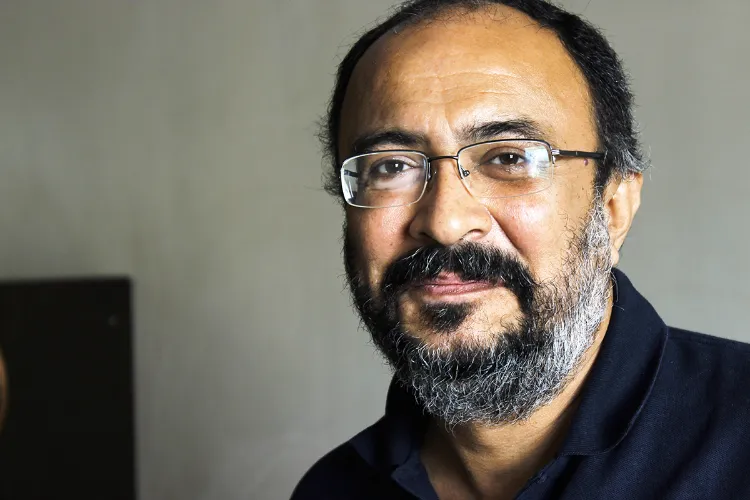Mumbai: A Call for Equity in Screenwriting
Veteran screenwriter Anjum Rajabali has recently raised serious concerns regarding the treatment of Indian writers by global streaming platforms, likening it to “modern-day colonialism.” This charged remark came during a panel discussion at the annual general meeting (AGM) of the International Affiliation of Writers Guilds (IAWG), a significant event organized in India by the Screenwriters Association (SWA) for the first time. Rajabali, whose notable works include films like “Ghulam,” “Pukar,” “The Legend of Bhagat Singh,” and “Raajneeti,” emphasized the disparity in rights and remuneration between Indian creators and their international counterparts.
The three-day summit gathered representatives from 15 guilds across diverse regions—Europe, Australia, New Zealand, Latin America, Africa, and Asia—to shed light on the pressing issues faced by writers globally. Rajabali’s assertion reflects a broader sentiment among writers that the systems currently in place favor major streaming corporations, leaving local talents at a disadvantage.
“It’s modern-day colonialism,” Rajabali stated, advocating for equity in the industry. He highlighted a stark contrast in the treatment of international creators, particularly how global streaming companies provide them with benefits like residuals, which are often mandated by law. Meanwhile, Indian writers are denied similar royalties, further underlining the imbalance in the industry.
Rajabali’s advocacy for fair pay and contractual rights has positioned him as a pivotal figure in the fight for writers’ justice in India. He portrayed the current atmosphere in the Indian film industry as one plagued by a “feudal hangover,” where power dynamics inhibit the growth and authority of unions, essential for securing writers’ rights.
During the discussion, Rajabali was joined by notable industry figures including Laura Blum-Smith, Assistant Executive Director of Writers Guild of America West, Jennifer Davidson, Chair of IAWG and of the Writers’ Guild of Ireland, and Peter Matessi, President of the Australian Writers Guild. Each shared their experiences, shedding light on the challenges writers face worldwide in an era dominated by digital platforms.
Blum-Smith elaborated on the exploitative aspects of streaming services, noting that they often serve as a vehicle for undermining job security for screenwriters. “We are getting to do more work for less pay,” she lamented, echoing Rajabali’s sentiments of an inequitable landscape for creatives.
Davidson emphasized a worrying trend, stating that practices seen in the United States are likely to be replicated, and possibly worsen, in other countries, afflicting writers everywhere. This sentiment resonates with many who fear that the global expansion of streaming services may perpetuate existing injustices rather than alleviate them.
The AGM also tackled critical issues such as unfair contracts, low pay, lack of royalties, and producer interference with union activities. A significant point of discussion was the impact of Artificial Intelligence on screenwriting, marking a newfound concern over its ethical and legal implications in the creative field.
Rajabali underscored the necessity for solidarity among writers worldwide. “This conference highlights that we are not alone in our struggle for writers’ rights,” he remarked. In India, where collective bargaining is not as historically entrenched, the challenge is amplified. He stressed that many talented screenwriters exist but are met with a scarcity of job opportunities, which is a pervasive issue plaguing the industry globally.
Rajabali, along with SWA members Zaman Habib and Mitesh Shah, proudly represented India at this vital gathering of writers. Their participation highlights an important moment for Indian writers seeking to align themselves with international efforts advocating for fair treatment and equitable conditions in the ever-evolving landscape of global storytelling.



